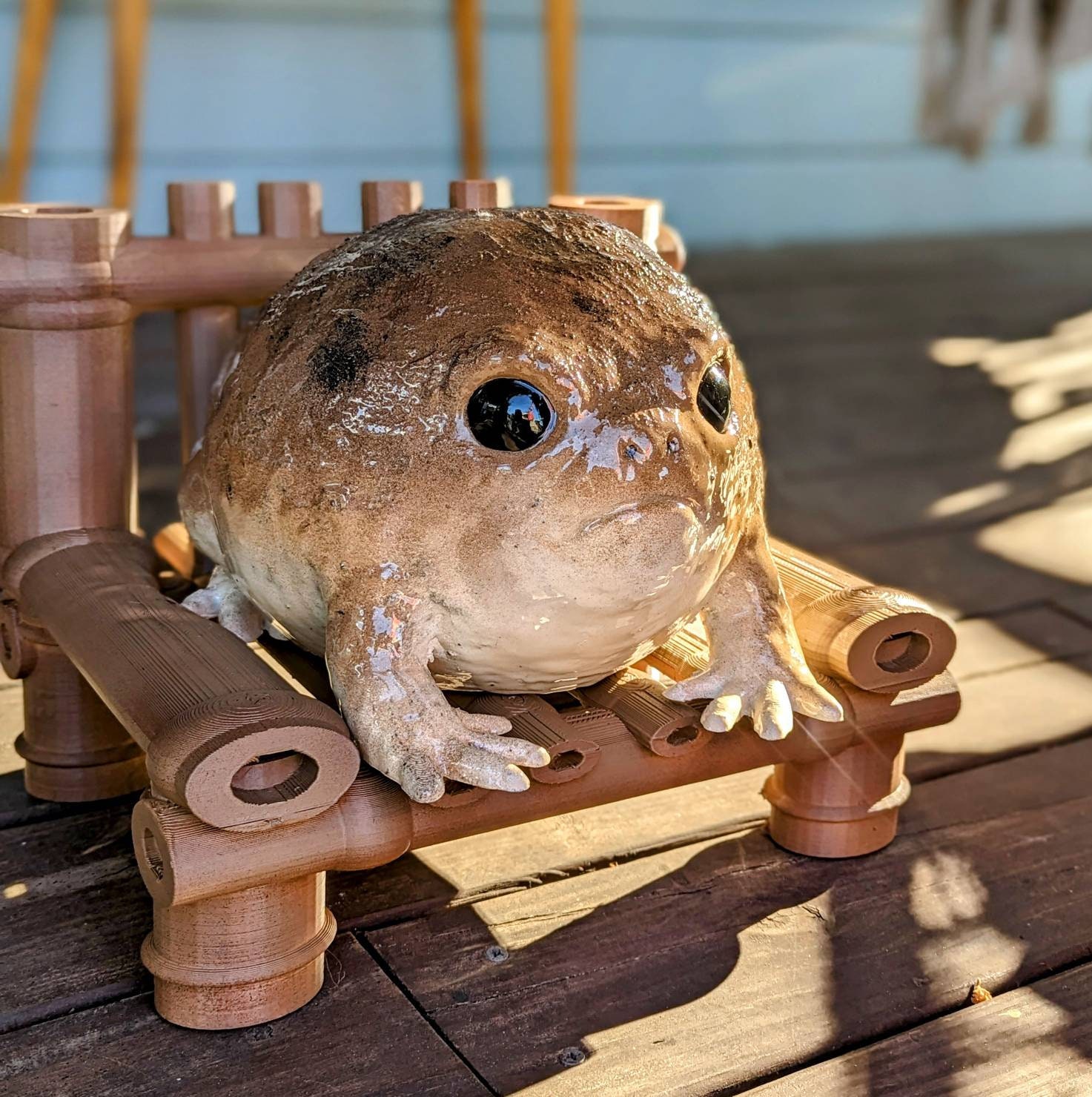Discover Rain Frog for Sale: Boost Your Family Pet Video Game with a Special Amphibian Friend!
Discover Rain Frog for Sale: Boost Your Family Pet Video Game with a Special Amphibian Friend!
Blog Article
Common Health And Wellness Issues in Reptiles: Signs And Symptoms and Solutions
In the intricate globe of reptile care, comprehending the typical health and wellness problems that may influence these one-of-a-kind animals is critical in ensuring their well-being. From respiratory system infections that can calmly hold to metabolic bone conditions that can disable, reptiles are vulnerable to a variety of ailments that require keen observation and prompt treatment. Whether it's coming to grips with parasitic infestations, browsing dehydration issues, or attending to skin conditions that manifest in subtle means, being in harmony with the signs and furnished with the understanding of effective services is important for any reptile proprietor. By delving better right into the nuances of these health problems and discovering the useful remedies readily available, one can secure the health and vigor of these interesting animals.
Respiratory Infections
Respiratory system infections in reptiles can significantly affect their total health and require timely focus from experienced vets. These infections are frequently triggered by infections, bacteria, or fungi and can materialize with signs and symptoms such as wheezing, nasal discharge, open-mouth breathing, and sleepiness. In reptiles, breathing infections can be particularly testing to diagnose and deal with as a result of their one-of-a-kind makeup and physiology. Vets frequently depend on a combination of health examinations, analysis imaging, and lab tests to accurately identify the underlying reason for the infection.
Therapy for respiratory system infections in reptiles generally includes a combination of encouraging treatment, such as maintaining correct moisture levels and temperature level slopes in the enclosure, as well as targeted drug to address the particular pathogen responsible for the infection. It is crucial for reptile owners to check their pet dogs carefully for any indicators of respiratory system distress and look for veterinary treatment at the earliest indication of an issue. With prompt intervention and ideal treatment, many reptiles can recoup fully from respiratory system infections and return to normal activities.

Metabolic Bone Illness
What factors add to the advancement of Metabolic Bone Condition in reptiles?
Metabolic Bone Condition (MBD) in reptiles is primarily caused by a lack of appropriate calcium, phosphorus, and vitamin D3 levels in their diet regimen. Additionally, inadequate exposure to UVB light avoids reptiles from manufacturing vitamin D3, which is crucial for calcium absorption and bone health.
Insufficient humidity levels can also influence a reptile's capability to metabolize calcium successfully. Regular vet check-ups, correct husbandry practices, and a balanced diet are crucial to protect against Metabolic Bone Illness in reptiles.
Parasitical Invasions
Parasitic problems position a significant wellness danger to reptiles, influencing their overall health and needing punctual veterinary interest. Reptiles can be impacted by various parasites, consisting of termites, ticks, internal worms, and protozoa. These parasites can trigger a range of symptoms, such as weight-loss, sleepiness, skin irritation, looseness of the bowels, and even fatality if left unattended.
One usual bloodsucker found in reptiles is the mite, which can trigger skin anxiety, anemia, and irritability. Ticks are an additional exterior parasite that can send conditions and create discomfort to the reptile. Inner bloodsuckers like worms and protozoa can lead to digestion concerns, malnutrition, and weaken the reptile's immune system.
To identify a parasitic problem, a vet may carry out fecal tests, skin scrapings, or blood examinations. Treatment usually includes deworming medications, antiparasitic bathrooms, or in extreme situations, a hospital stay. Preventative actions such as normal vet check-ups, proper hygiene, and quarantine treatments for new reptiles can help reduce the risk of parasitic problems Continued and make sure the well-being of reptile pets.
Dehydration and Hydration Issues
Dehydration in reptiles can considerably affect their health and wellness and well-being, necessitating prompt intervention and appropriate hydration management. Reptiles are prone to dehydration because of different elements such as inadequate water intake, high environmental temperature levels, and particular wellness problems. Signs of dehydration in reptiles include sunken eyes, sleepiness, loss of skin flexibility, and minimized urination. Dehydration can lead to severe health and wellness problems and even be fatal to the reptile - rain frog for sale. if left untreated.
To avoid dehydration, reptile owners need to guarantee that their pet dogs have access to tidy water at all times. The water meal ought to be huge enough for the reptile to saturate in if needed, particularly for species that soak up water through their skin. Additionally, keeping proper humidity levels in the reptile's room and supplying regular baths can assist protect against dehydration.
In cases of dehydration, it is essential to look for vet care immediately. A veterinarian might provide liquids either orally or through injections to rehydrate the reptile. It is important to deal with the underlying cause of dehydration to protect against recurrence and guarantee the reptile's general well-being.
Skin Conditions

Verdict

Respiratory infections in reptiles can significantly influence their general health and need timely focus from seasoned vets (rain frog for sale). Preventative measures such as normal veterinary examinations, correct hygiene, and quarantine treatments for new reptiles can aid lessen the danger of parasitical invasions and make certain the wellness of reptile pet dogs
If left without treatment, dehydration can lead to serious health and wellness concerns and also be fatal to the reptile.
Consistently examining your reptile Get More Information for any kind of modifications in skin structure, shade, or look can aid in early detection and therapy of skin ailments, promoting the general health and wellness of your flaky friend. - rain frog for sale
In verdict, reptiles are susceptible to numerous health issues such as breathing infections, metabolic bone condition, parasitical invasions, dehydration, and skin disorders.
Report this page